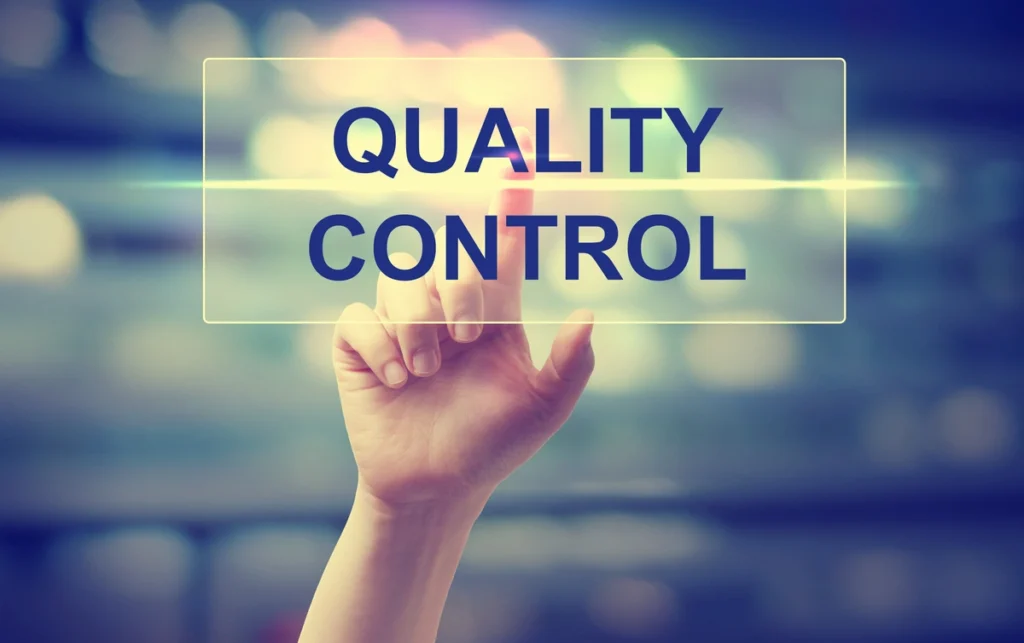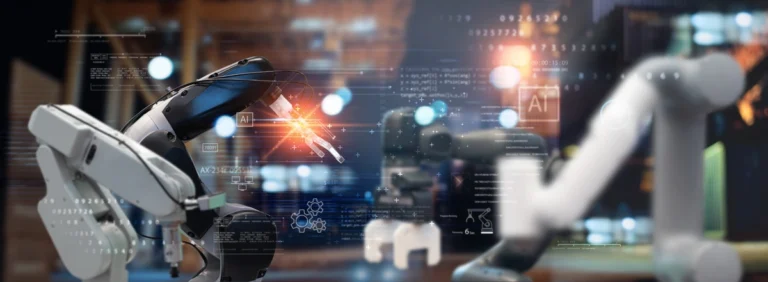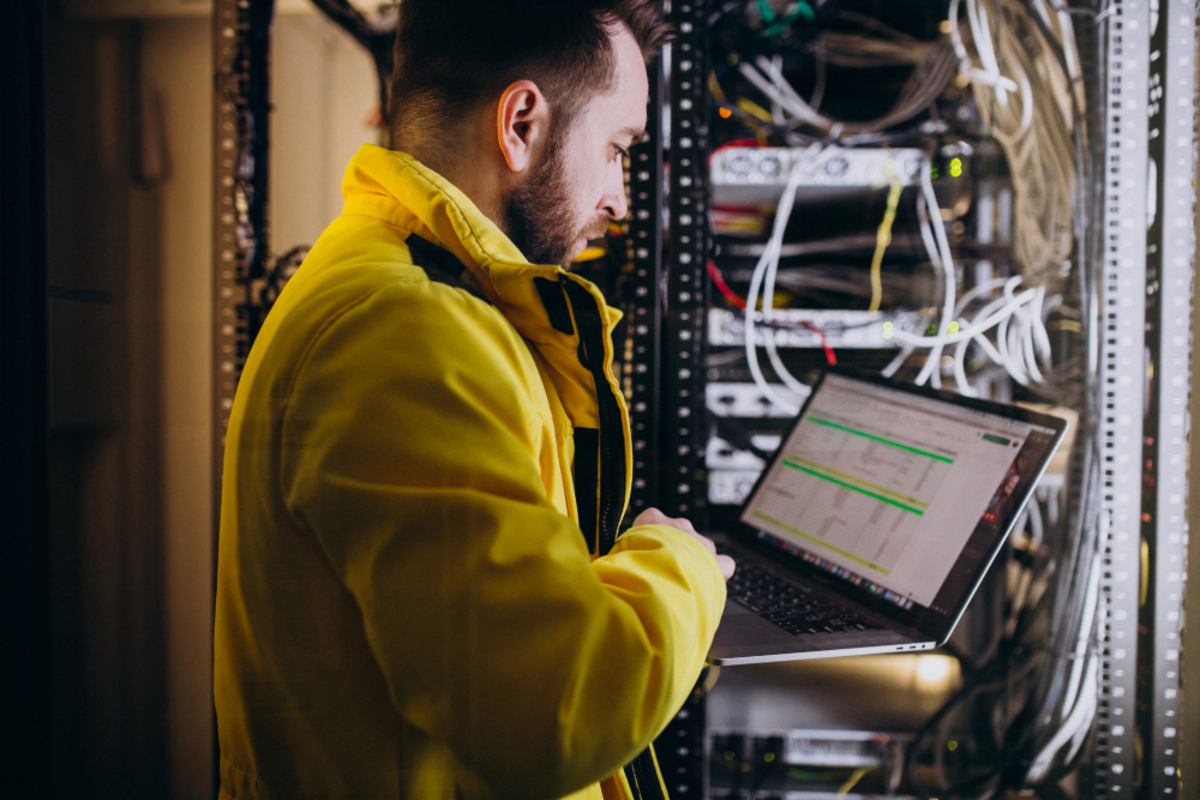Manufacturing in the Era of Artificial Intelligence
In the age of Industry 4.0, can a production line predict a failure on its own? Can a system assign tasks between teams better than a shift leader? What once seemed impossible has now become the foundation for the operation of many manufacturing plants. In the era of Industry 4.0, artificial intelligence (AI) takes over part of the planning, analytical, and operational tasks. If you care about maintaining or gaining a competitive edge, you cannot afford not to leverage it in your company.
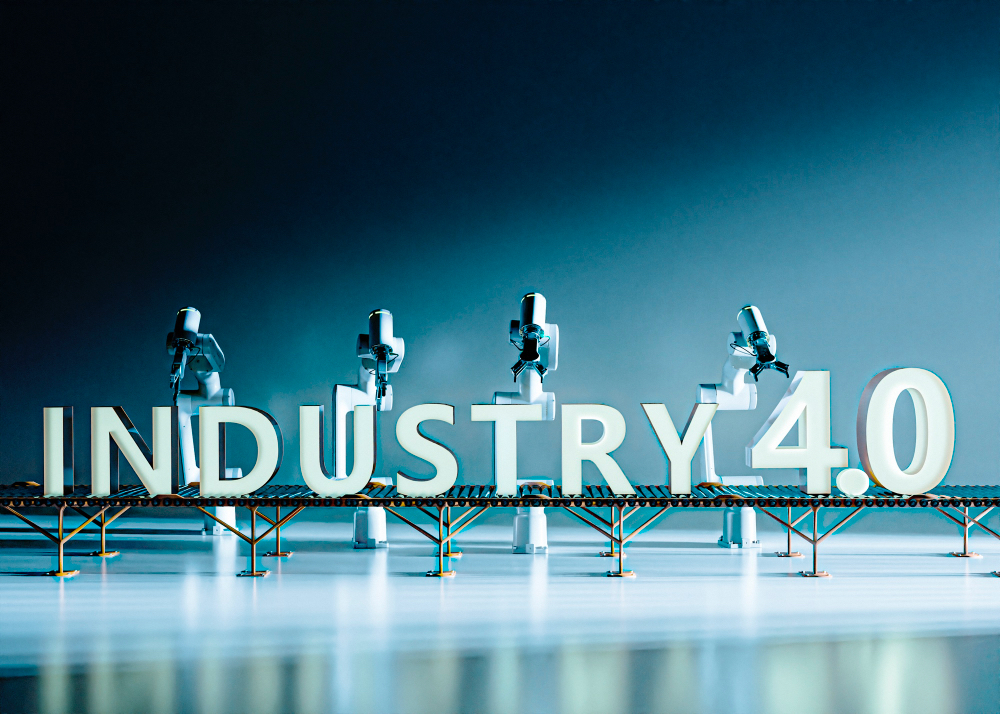
AI and Industry 4.0 – a duo that changes the rules of the game
The fourth industrial revolution is changing the foundations of manufacturing operations. Industry 4.0 is based on the integration of IT systems (SCADA, MES, ERP), automation, data analysis, and machine-to-machine communication (Internet of Things, IoT). Introducing AI into this ecosystem means more than just faster data processing – it is a shift from reactive action to event prediction and production process optimization on an unprecedented scale.
In practice, artificial intelligence in industry includes:
- real-time data analysis,
- instant anomaly detection based on sensor data and failure prediction,
- optimization of production schedules through automated generation of production forecasts, accounting for seasonality and demand changes,
- better allocation of human and material resources,
- autonomous correction of machine parameters and schedules in real time.
How does artificial intelligence (AI) change the nature of work?
The use of artificial intelligence (AI) changes the role of humans in a plant – it does not remove them from the process but elevates their competencies. There is less physical work and more analytical and decision-making work. AI, in turn, takes over repetitive and routine tasks, while operators become analysts, process engineers learn to work with digital assistants and predictive algorithms. The roles of operators, technologists, and production managers evolve – analytical and digital skills become increasingly important.
Which skills, then, are crucial? Such as:
- data analysis and interpretation of AI recommendations,
- operation of advanced MES, ERP, and SCADA systems,
- basics of programming and system integration,
- collaboration with autonomous planning systems,
- understanding the production context in predictive models.
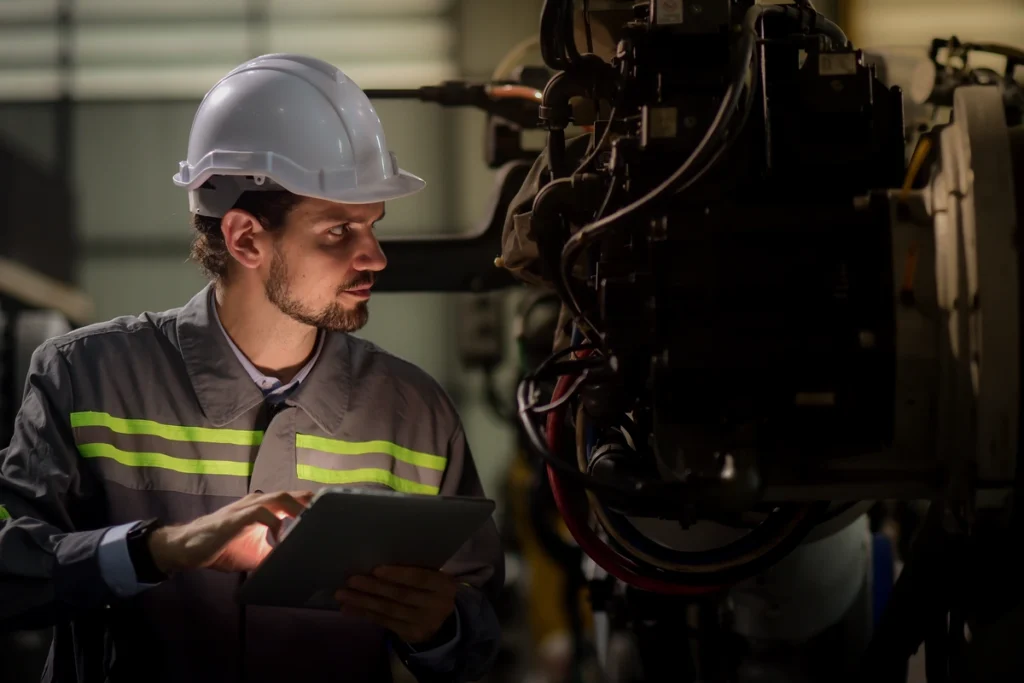
The impact of AI on various industrial sectors
AI is transforming not only manufacturing but entire sectors of the economy – at different speeds and on different scales. In logistics, automation eliminates many repetitive tasks related to warehouse management and delivery route planning. In accounting, algorithms take over routine accounting operations and financial analyses. Customer service increasingly relies on chatbots and systems for automatic recognition of needs.
On the other hand, AI opens up new possibilities in precision medicine, where algorithms support diagnostics and treatment planning. Autonomous vehicles create entirely new markets, while intelligent energy management enables resource consumption optimization on an unprecedented scale. These new areas generate demand for specialists in algorithm design, data management, and system integration.
Will AI take our jobs?
Concerns about automation are nothing new. During every technological revolution – from the steam engine to industrial robots – there has been fear of job loss. History shows, however, that technology more often changes the nature of work than eliminates jobs altogether. As some roles are automated, new ones emerge – often better paid and more developmental.
AI does not eliminate workers – it eliminates repetitive tasks. And this opens the space for creativity, growth, and the true use of human potential.
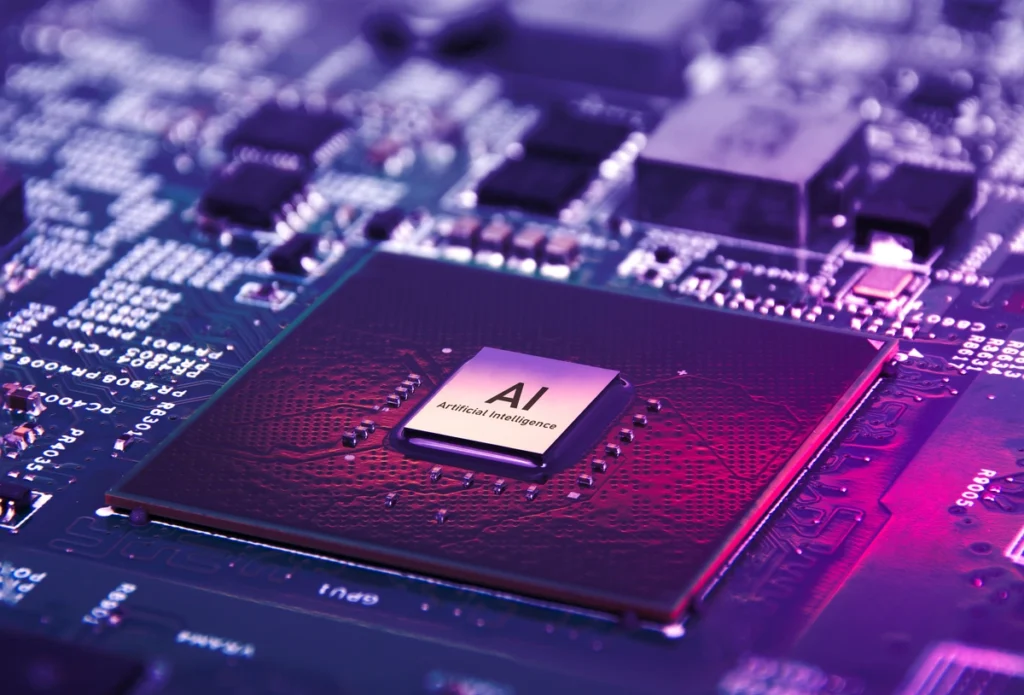
Real barriers and challenges of AI implementation
Artificial intelligence in industry can increase efficiency, but only if its implementation is well thought out and integrated into the entire process chain. Random or isolated implementations carry the risk of disorganization and employee frustration.
The main barriers are:
- Deepening inequalities in the labor market – automation of simple tasks can marginalize lower-skilled workers.
- Unequal access to technology – this mainly affects regions with underdeveloped infrastructure, which can widen geographical employment disparities.
- Employee resistance to change – fear of job loss and a lack of understanding of AI’s benefits.
- Data quality issues – artificial intelligence (AI) requires high-quality data, which is often lacking in older systems.
- High costs of IT infrastructure modernization – especially in traditional manufacturing plants.
A strategic approach to transformation
Successful AI implementation requires a holistic approach that considers both technological and social aspects. Key strategies include:
- Transparent communication – clearly defining AI implementation goals and associated benefits builds team trust and reduces resistance to change. Employees must understand that AI is there to support them, not replace them.
- Long-term planning – AI implementation should be part of the entire digital transformation strategy, not a temporary fix. Good planning enables the full potential of AI to be realized and avoids costly mistakes.
- Skills development – investing in employee education and training enables effective use of AI tools. Reskilling programs are crucial to minimizing the risk of social exclusion.
- Ensuring equal access – all teams should have access to digital tools and training to avoid exclusion effects.
- Promoting inclusivity – AI implementation must take into account the needs of all employees, especially those with lower digital skills.
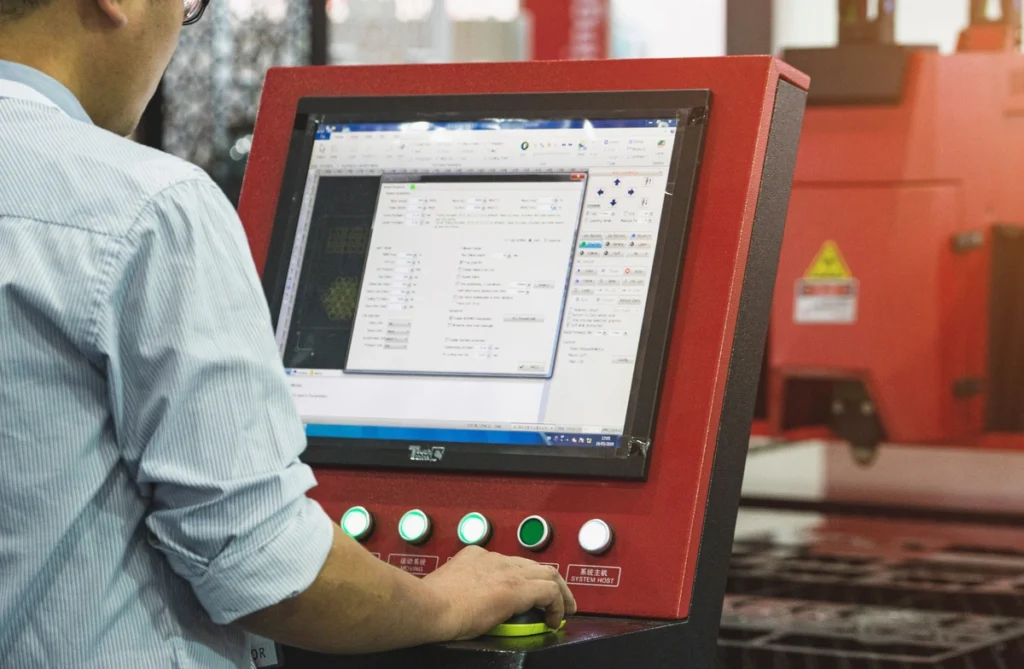
Benefits of AI implementation in manufacturing
explitia teams are already implementing artificial intelligence algorithms in manufacturing plants – not to replace people, but to help them work smarter and more efficiently.
Here are some benefits of AI in manufacturing:
- reduction of downtime by 30–40%,
- fewer production errors thanks to quality prediction,
- better planning of energy and utilities consumption,
- increased efficiency of operational teams,
- greater compliance with ESG standards and easier reporting.
AI is not the goal, it’s a tool
Artificial intelligence in industry does not replace humans – but it enables them to make better decisions, react faster to changes, and manage processes more consciously. Industry 4.0 combined with AI is an opportunity for better quality, greater efficiency, and sustainable development.
Read the explitia blog
